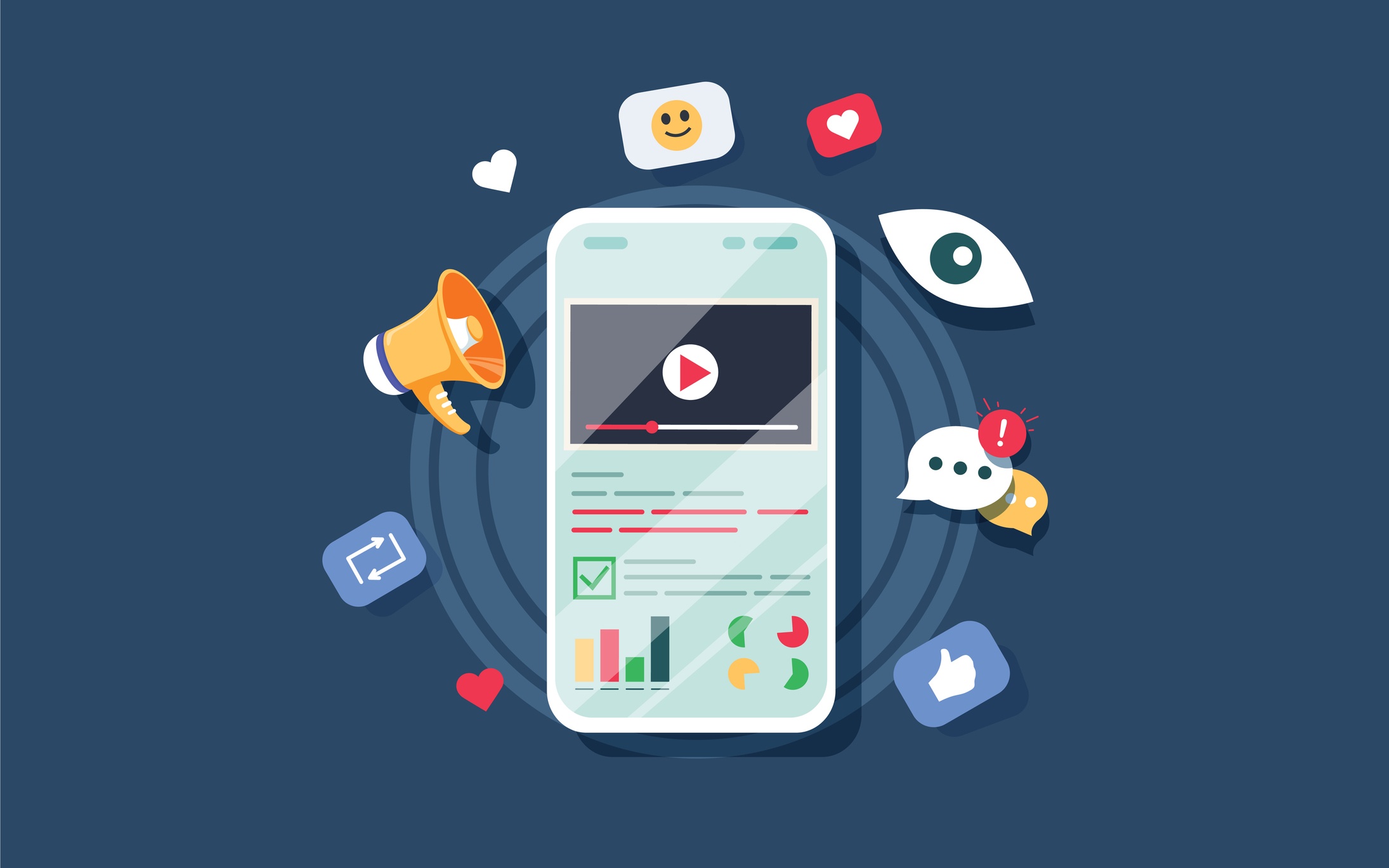The Role Of Automation In Digital Marketing: Opportunities And Risks

Vaibhav Kakkar, Founder and CEO of Digital Web Solutions, empowers global agencies and marketers through strategic digital solutions.
Over the past few years, digital marketing has emerged as one of the most robust forms of getting your business, brand, product or service out to the masses. While it’s an extremely beneficial strategy that can be employed by businesses of all sizes, there are ways to improve it.
Enter automation. Almost all industries, including digital marketing, are being taken by storm when it comes to automation. It allows companies to operate efficiently, personalize customer experiences and thrive on data-based decision making.
For example, one boutique skincare brand our company worked with successfully used email automation to transform its marketing campaign. They set up automated email sequences triggered by customer actions. This increased customer retention and boosted sales significantly in six months.
Automation can be a great tool for creating opportunities, but it also comes with a handful of risks.
Implementing Automated Digital Marketing
Automation in digital marketing involves feeding data into an automation service to schedule marketing campaigns and efforts. It can be used to learn user patterns, identify user behavior, tailor marketing campaigns according to the target audience and enhance turnover rates.
Implementing automated digital marketing is as easy as researching a few service providers, finding one that suits your needs and then inputting the data onto their dashboard.
Pros Of Automated Digital Marketing
There’s no denying the convenience of automated marketing tools. Automating digital marketing tasks has several benefits:
Personalized User Experiences
It is vital to target users with things they can relate to. Personalized marketing is a great way to convert leads into paying customers, and automated marketing can tailor the specific ads that a person sees.
Say you’re running a campaign for your e-commerce business. Based on the user’s personality, automated marketing can send them targeted ads.
In a campaign for a boutique service business, we leveraged automation to create segmented email campaigns. This personalized touch increased client engagement and repeat business.
Cutting Down On Operational Costs
While automated marketing solutions are expensive to set up and get into, they can save you money in the long run.
Scheduling and campaign management tasks can be repetitive and prone to human error. Over time, the financial benefits of automating these tasks and saving more important ones for your team can outweigh the implementation costs.
For example, if you run a clinic, automating appointment reminders and follow-ups can reduce administrative burdens and minimize missed appointments. This not only saves costs but also allows staff to focus on delivering excellent in-person service.
Encouraging Data-Based Decision Making
Automation tools keep track of key performance indicators of your marketing campaigns, which may include data on click-through rates and conversion rates.
Automation tools help gauge real-time campaign performance as well as customer behavior. You can use this data to segment audiences and optimize marketing campaigns.
For example, using automated analytics in a recent campaign revealed that our email subject lines performed better when they included personalization. By adjusting our approach mid-campaign, we increased open rates by 15%.
Cons Of Automated Digital Marketing
There’s a fine line between using automation services to propel your business to the top and automation taking over your business identity. Here are some cons of automated digital marketing:
It Can Be Expensive To Set Up
The high cost of automation implementation can deter small businesses.
When setting up automation services as part of your digital marketing campaign, not all employees will be skilled enough to implement them right away. Some level of automation training would be required, which can cost quite a bit.
Also, choosing the right software is essential, and you may have to purchase a subscription for at least a month to determine whether it suits their needs.
Services that offer high-end tools and advanced features will require more extensive training and monetary investment. However, the initial expenses are often minimal compared to the potential long-term savings.
Privacy And Security Concerns
As with anything digital, security is a pressing concern. When an automated digital marketing service collects data and sends it to a business, keeping that data secure and out of malicious hands is a must.
When opting for an automation service, look for one that adheres to the appropriate consumer privacy laws in your area. Misuse or breach of customer data can lead to financial penalties and legal consequences, so prioritize openness with your customers.
Tools With A Lack Of Creativity
Anyone who has used automation software knows these tools are limited by the information they are fed. An automation tool could churn out similar, monotonous content and reports every time.
The field of marketing is one where human creativity can really shine. An extremely creative style of marketing or managing a campaign can increase sales and customer conversions. If you use automation services without human oversight, your campaigns and ad personalization could become repetitive.
For example, we once saw an automated email sequence initially lead to disengaged audiences due to overly generic content. By introducing creative, story-driven messaging crafted by our team, engagement rates surged. This highlights the importance of consistently reviewing automated outputs and adding a personal, creative touch when needed.
Getting Started
Once you decide to incorporate automation into your digital marketing, start small by identifying repetitive tasks such as email follow-ups or social media scheduling. Choose user-friendly tools such as Mailchimp or HubSpot.
You’ll also want to define clear goals, such as boosting customer engagement, and include human oversight in your process to maintain creativity and align outputs with your brand voice.
It boils down to what you want to achieve from automated marketing, how much you’re willing to spend and how adaptable you are to embracing new technologies.
Forbes Agency Council is an invitation-only community for executives in successful public relations, media strategy, creative and advertising agencies. Do I qualify?
link






